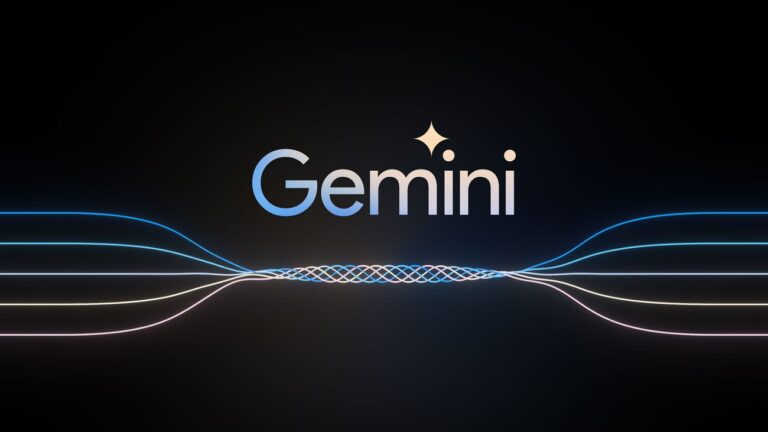Buybacks only work when the shares are cancelled.
- Amazon has launched an initiative to bolster its share price, but value is only returned to shareholders when shares that are repurchased are cancelled which I suspect is not going to be the case here.
- For many of the large technology companies, a large component of their attractiveness to employees is the share options program where, historically, the gains enjoyed by employees have been life-changing.
- Hence, confidence in the share price is an important part of attracting and retaining the right employees.
- This is why Amazon is splitting its shares in a 1 for 20 exchange and at the same time is initiating a $10bn share buyback program.
- However, this move by Amazon helped by misleading press coverage, is likely to add no value for existing shareholders although it may drive the share price to go up temporarily.
- There are three aspects to consider:
- First, the signal. When a company decides to return money to shareholders it is a sign of slowing growth.
- This is because one returns money to shareholders when one has run out of areas to invest surplus cash flow into meaning that long-term revenue growth is going to slow.
- It signals the onset of middle age and slower growth.
- Even with the multiple compression that Amazon has experienced over the last 18 months, growth is still needed to support the valuation.
- Hence, this is a negative signal for the outlook.
- Second, the split. A share split does not make the shares of a company cheaper as the media seems to think (see here) which is a classic misunderstanding of the difference between price and value.
- What it does do is take the existing value of the company and divide it among more units.
- As an investor, I will be indifferent between buying an ounce of gold for $2,000 or buying 2 half ounces for $1,000 each.
- That is all that is happening here and the value of the company, its multiples and its cash flow will be completely unaffected.
- The Financial Times, fortunately, does understand this issue (as it should) and explains it properly in its coverage (see here).
- The benefit of a share split from the investor’s point of view is that it makes the shares more accessible for small investors.
- For example, Berkshire Hathaway shares are nearly $500,000 each placing an investment out of reach for most small investors.
- Amazon will now be priced at around $139 per share but there will be 20x more shares in circulation making Amazon more accessible.
- Third, the buyback. Most companies that I know that do share buybacks do not actually return the money to investors but instead give it to employees.
- A share buyback is supposed to work by the shares being bought back by the company and then cancelled meaning that the total number of shares in circulation decreases.
- This means that the value of the company is shared among fewer shares and consequently the value of each share that remains increases.
- It is not until the shares have been cancelled that the buyback has been completed and the money returned to shareholders.
- However, what typically happens is that the company buys back the shares, holds them in treasury and then hands them out to employees as part of their stock compensation or when employee options are exercised.
- This way, the value is not returned to shareholders as the share count has not decreased.
- This is a common practice and companies that cancel every single share that they buy back are hard to find especially in the technology sector.
- I suspect that Amazon will be no different and that the $10bn being spent to buy back shares will end up in the hands of employees, not in shareholder pockets.
- I think that this whole exercise is aimed to support the share price and the company’s ability to retain and attract staff rather than to create any value for shareholders.
- Hence, this does not change my view on Amazon where the valuation is becoming less outlandish but does remain too high relative to the value that I see in the company.









